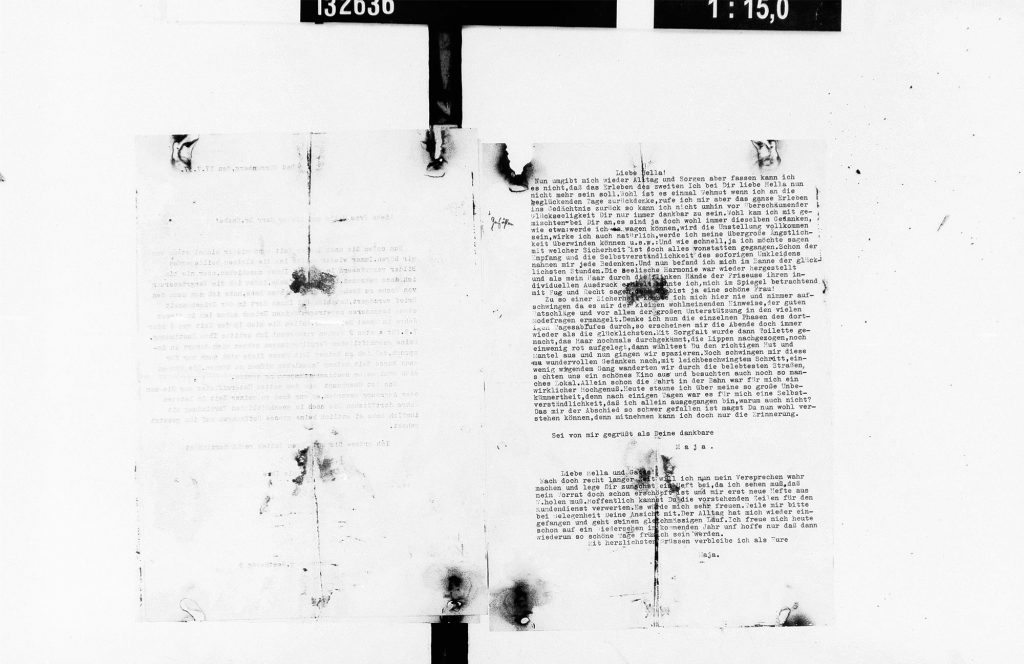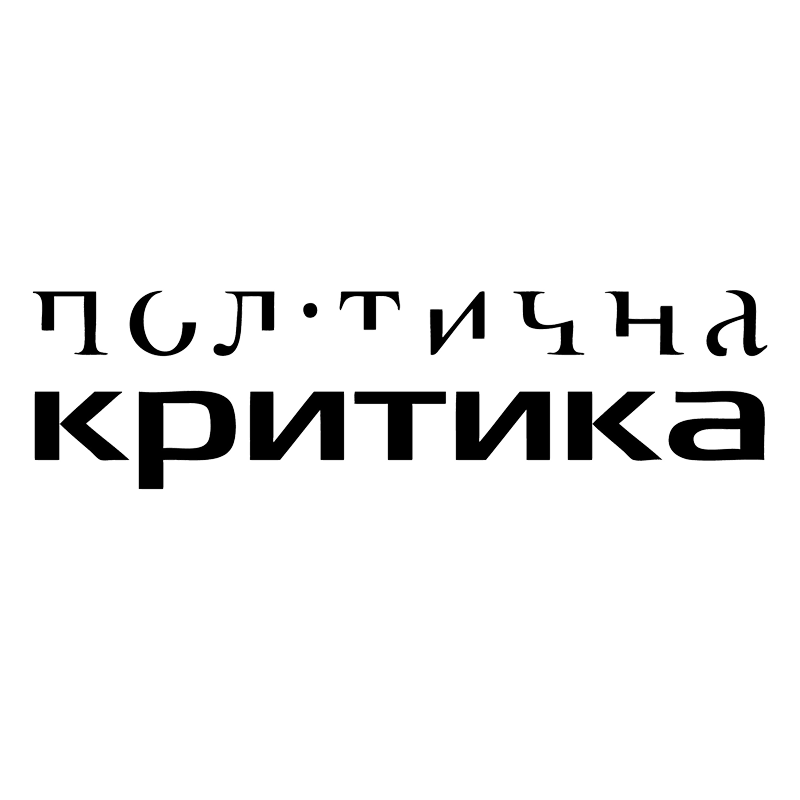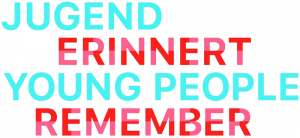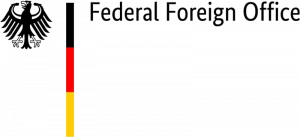Сultures of remembrance is a project that aims to critically examine how World War II, National Socialism and the fight against it is remembered in different regions of Europe and develop alternative concepts for commemoration work with young people. We organized three educational trips and published a multimedia website that deals with the different narratives and questions around the topic of remembering the Second World War in Europe.
This multimedia archive combines different approaches, media and methods that we consider necessary for transnational remembrance work. Originally, the contributions on this page only dealt with the question of how World War II, National Socialism and the fight against it is remembered in different regions of Europe. Due to the current war in Ukraine, the way historical narratives are engaged in this war has also become the topic of this website. The contributions on this page are diverse and from different perspectives. We hope they give impulses for an emancipatory discussion of history!
Lectures on different aspects of remembrance of the Second World War
Anti-war content with a historical reference. Contributions outline the narrative used to justify the war (“nazism”) in Ukraine, as well as show parallels and continuities in warfare/propaganda.
This is an Information channel about the «mortal time» in January and February 1942, the most terrible months of the Leningrad blockade. The content consists of the diaries of three witnesses: the head of the surgical department, a schoolteacher, and a shipbuilding engineer. It is all in Russian.
During the trip to St. Petersburg the participants of the project visited the “Road of Life” memorial with anthropologist Lilya Akiveson and made there a Collection of acoustic material and learned processing it.
“Before Night Falls” deals with the topic of work and the life of workers in the Weimar Republic. A virtual journey through time will take you to Berlin of the near future and Berlin of the 1920s.
How can you do memorial work with young people today? You will find some ideas in this brochure with methods that take into account the challenges of memorial work today. We would be happy if you used these in your work.

Cooarchi is a community-oriented archive interface that we use to create an interactive mindmap of commemoration. Feel free to connect your own sources, texts and media to the archive.

Educat e.V. is a collective of education workers from Dresden and Berlin, who do diversity- conscious and critical education. Educat e.V. organize commemorative hikes to the sites of antifascist resistance in the region of the Elbsandsteingebirge.

Human Constanta is a Belarusian human rights organization. It was registered in 2016 in Minsk. Human Constanta work in three main areas: protection of the rights of foreign citizens and stateless persons, promotion of anti-discrimination and digital freedoms and rights.

Political Critique is an independent left media aimed at developing and disseminating critical meanings and narratives and popularising the ideas of equality. To achieve this, three important areas are addressed, namely science, culture, and politics. In their work, Political Critique rejects the existence of “objective” journalism and prefer “engagement” instead. They give voice to those who are deprived of it today: to employees of socially important but “not prestigious” occupations, to representatives of discriminated groups, to activists of grassroots initiatives seeking to change this world in a progressive way.

Trava is a civic education platform based in Saint Petersburg, Russia. They collaborate to figure out how society works and learn how we can self-organize, be independent from state & corporation interests and come up with collective solutions for complex problems and challenges.



| Cookie | Duration | Description |
|---|---|---|
| cookielawinfo-checkbox-analytics | 11 months | This cookie is set by GDPR Cookie Consent plugin. The cookie is used to store the user consent for the cookies in the category "Analytics". |
| cookielawinfo-checkbox-functional | 11 months | The cookie is set by GDPR cookie consent to record the user consent for the cookies in the category "Functional". |
| cookielawinfo-checkbox-necessary | 11 months | This cookie is set by GDPR Cookie Consent plugin. The cookies is used to store the user consent for the cookies in the category "Necessary". |
| cookielawinfo-checkbox-others | 11 months | This cookie is set by GDPR Cookie Consent plugin. The cookie is used to store the user consent for the cookies in the category "Other. |
| cookielawinfo-checkbox-performance | 11 months | This cookie is set by GDPR Cookie Consent plugin. The cookie is used to store the user consent for the cookies in the category "Performance". |
| viewed_cookie_policy | 11 months | The cookie is set by the GDPR Cookie Consent plugin and is used to store whether or not user has consented to the use of cookies. It does not store any personal data. |